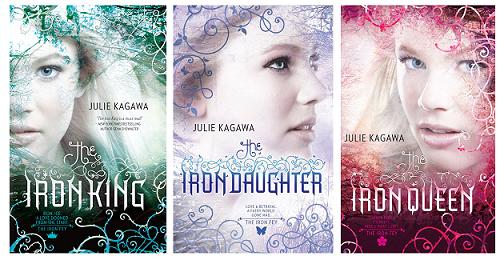“Shine”Author: Lauren Myracle.
Publisher:Amulet Books.
Pages: 376.
Synopsis (taken from Myracle’s website): When her best guy friend falls victim to a vicious hate crime, sixteen-year-old Cat sets out to discover who in her small town did it. Richly atmospheric, this daring mystery mines the secrets of a tightly knit Southern community and examines the strength of will it takes to go against everyone you know in the name of justice.
Against a backdrop of poverty, clannishness, drugs, and intolerance, Myracle has crafted a harrowing coming-of-age tale couched in a deeply intelligent mystery. Smart, fearless, and compassionate, this is an unforgettable work from a beloved author.
Cover impressions: Before this, I had never read a Lauren Myracle book yet I had always had a level of respect for her based upon her currently being the most banned or challenge author in USA. Her books are challenged for most of the usual reasons YA and kids books are challenged; unsuited to age group, drug references, explicit sexuality, bad language, all that good stuff. With all this in mind, I was eager to see how she handled the topic of gay hate crimes with her latest book, due to be released in May this year. Following my last reading choice, which wasn’t so thrilling, I was looking for something to lift my YA spirits, which “Shine” did, completely exceeding even my wildest expectations.
From the first page, where a newspaper cutting details the horrific crime against Patrick, I was gripped by the story. Myracle has this wonderful talent for saying so much but using so few words. Even when dealing with difficult topics that could easily fall into ham-fisted soap opera territory (homophobia, small town bigotry, meth, sexual assault), Myracle manages to tackle them with sensitivity and make them feel real. The people of Black Creek use language as their main weapon, be it through church gossip or the horrible slurs thrown around casually at different characters (there is frequent use of the ‘f’ word in this book, along with several other similar slurs, but it never feels exploitative or like it’s downplaying their effect. You feel every single one of those insults and they hurt, because words like that exist for a reason and can be very powerful weapons.) The group of small town regulars that make up the story manage to stay on the right side of characterisation – it’s so easy to fall into clichés when talking about small town America, or small town anywhere, so huge credit goes to Myracle for keeping things realistic, gritty and often very ugly.
The general atmosphere created by the book is one of stifling suspicion. Black Creek is a town where everybody knows everything but somehow there still manages to be a myriad of secrets just boiling below the surface. It’s a town where ugliness is just hidden away, occasionally slipping through via a misjudged comment, a shameful confession or something worse. Myracle really nails the dread that Cat feels constantly throughout the story; she’s not even safe in her own town and doesn’t know if she can really trust anyone. Cat is a fascinating and extremely sympathetic character who I think a lot of people will be able to relate but she’s also one that keeps fighting, even when she thought she couldn’t go any further. Watching her story slowly unfold was as interesting to me as the mystery she was trying to solve. The mystery at the heart of “Shine”, that of the identity of Patrick’s attacker, is finely crafted and often very surprising.
The thing about this book that’s really stuck with me is how real it feels. It’s not cartoonish, it never exaggerates or plays down events or reactions, it just presents things are they are. Sometimes nothing else needs to be said. It’s often heartbreaking to read scenes where Patrick’s sexuality is casually described as evil (with much worse language than I care to use), even by the people he calls his friends. It’s portrayal of bigotry is simple, relatable and all too real; it’s something that we see every day, be it through reading of deplorable acts of violence or just a simple word carelessly dropped into conversation. Often no real ill is meant with the latter but we’ve become so conditioned to shrug off the ugly and pretend it’s not there that often it blends in with everyday life and we do forget it’s a bad thing. Once we stop pointing out wrongs and calling out the bad words and actions and bigotry, they become somewhat acceptable for everyone to use. Myracle does a great job, by saying so little, of telling the world that such things are not, never were and will never be acceptable.
Of course the book isn’t perfect, nothing ever is (there are a couple bits where the plotting is loose and Cat finding some strength through a guy felt clichéd and a bit forced, but in the instance of her character, I just couldn’t begrudge her any happiness) but I was so gripped, moved and entertained by this book that I can put them aside. I think “Shine” is a book that deserves a heap of attention. It discusses several important issues for teens yet never talks down to them and weaves them through a well crafted, gripping mystery populated with complex characters and a portrayal of small town life and bigotry that’s all too real. The sad thing is I think this book’s going to cement Myracle’s position on the ALA Banned/Challenged author list for another year. I implore you all to check out this book and, if the time comes, to fight against those who want to ignore the obvious.
5/5.
“Shine” will be released in USA in May 2011. I received my ARC from NetGalley.








